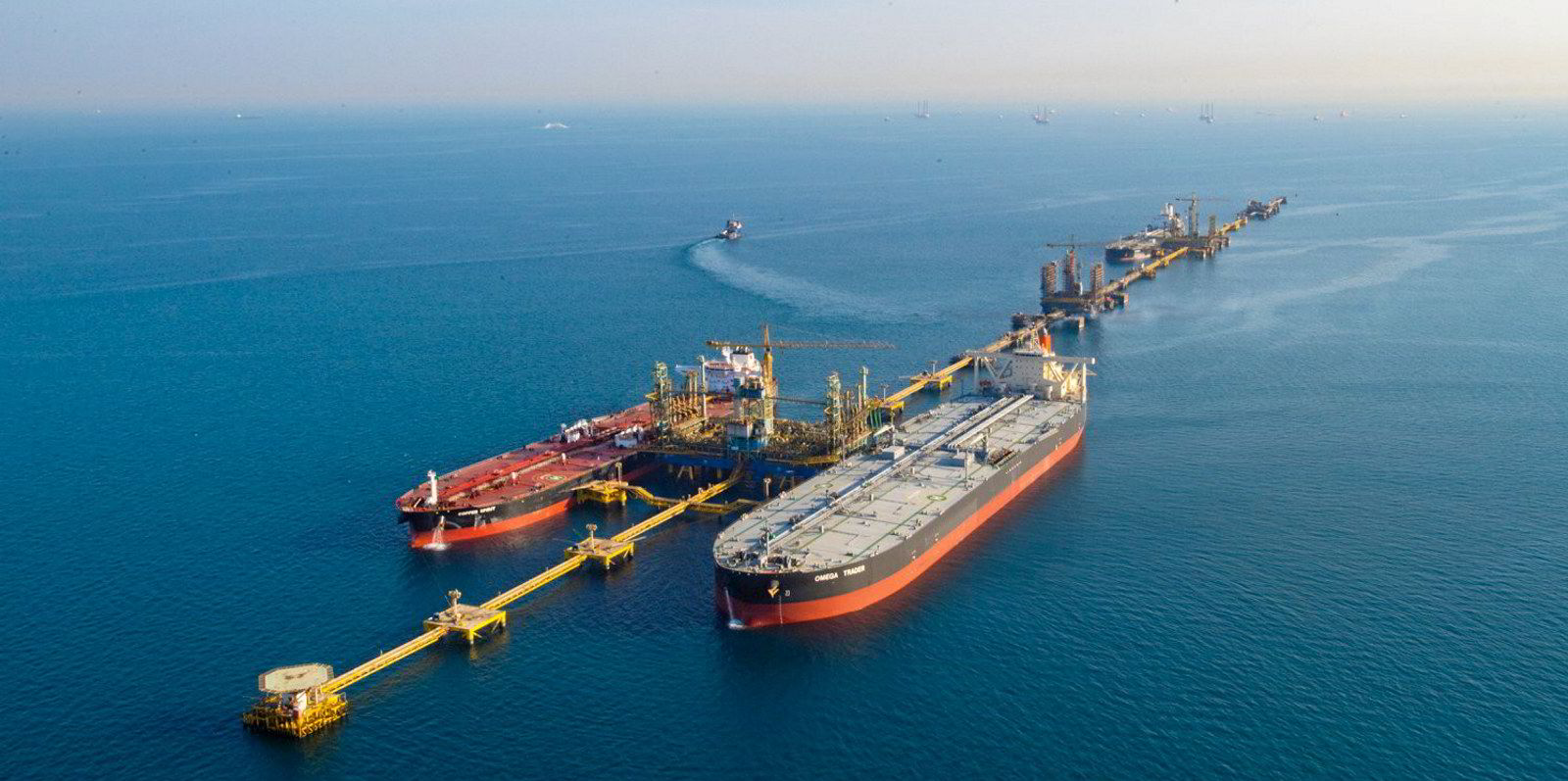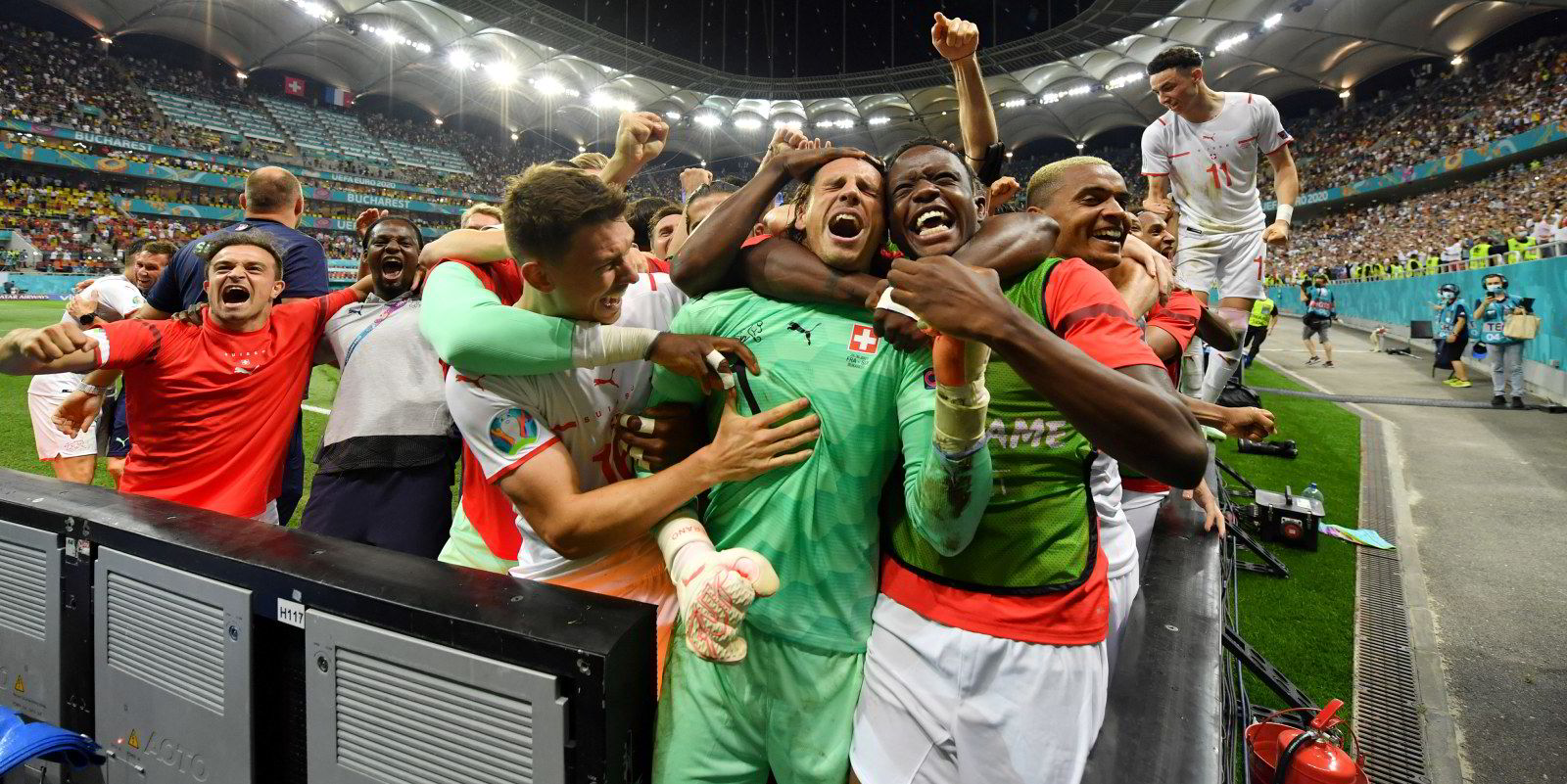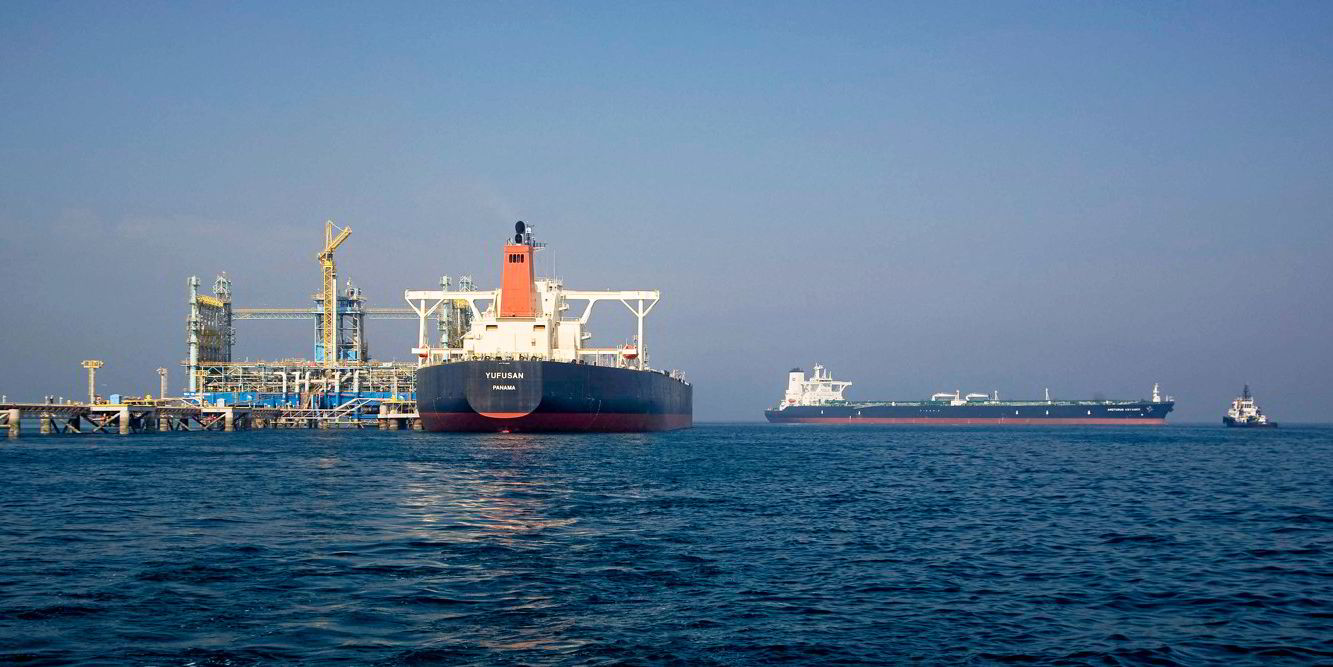Tanker owners could face subdued vessel demand and higher bunker costs after Opec+ failed to agree a crude output hike from August, analysts said.
Opec and its Russia-led allies called off their scheduled meeting on Monday because the United Arab Emirates reportedly did not accept a production accord for the coming months.
Opec secretary-general Mohamed Barkindo has confirmed that the talks are now suspended indefinitely.
Crude prices rose to their highest since 2018 following the news, as traders believed Opec+ members would hold off from raising output due to the impasse.
Oil and tanker market players had widely expected the group of 23 major producers to increase supply from next month amid a gradual recovery in global oil consumption.
“Most seem to be interpreting the lack of a deal as meaning oil production from Opec+ will be flat going into August, which would prolong the pain for tanker owners,” Gibson Shipbrokers’ research head Richard Matthews told TradeWinds.
While bunker costs will rise in line with higher crude prices, the absence of Opec+ supply hike could mean fewer-than-expected tanker shipments.
“It's good news for the price of oil, but bad news for tanker markets,” data firm Vortexa’s senior freight analyst Arthur Richier said.
“I think the shipping markets were sort of eagerly waiting for, at least, a positive sign. Right now, it's simply not going to be the case if supply remains this constrained.”
Spat among oil producers
During last week’s negotiations, most Opec+ members were willing to accept a proposal to increase output by 400,000 barrels per day monthly between August and December and extend their joint production pact beyond April 2022.
But the UAE blocked the deal and asked for a higher production quota. Opec kingpin Saudi Arabia rejected the request over fears that other producers will seek similar terms.
Some believe there remains a strong possibility that Opec+ members will form a consensus before long.
“Tanker owners will be hoping for an all-out collapse of the Opec+ pact which would essentially free up members to produce at will, and almost certainly lead to a significant increase in output,” Matthews said.
“Most Opec+ members will be keen to find a compromise and that is our base case, even if it takes a few more days to secure.”
Consultancy Rystad Energy analyst Louise Dickson suggested major producers have had sideline talks to resolve the dispute.
“A no-deal that keeps output unchanged after July is not an outcome that any of the Opec+ members want,” Dickson said.






